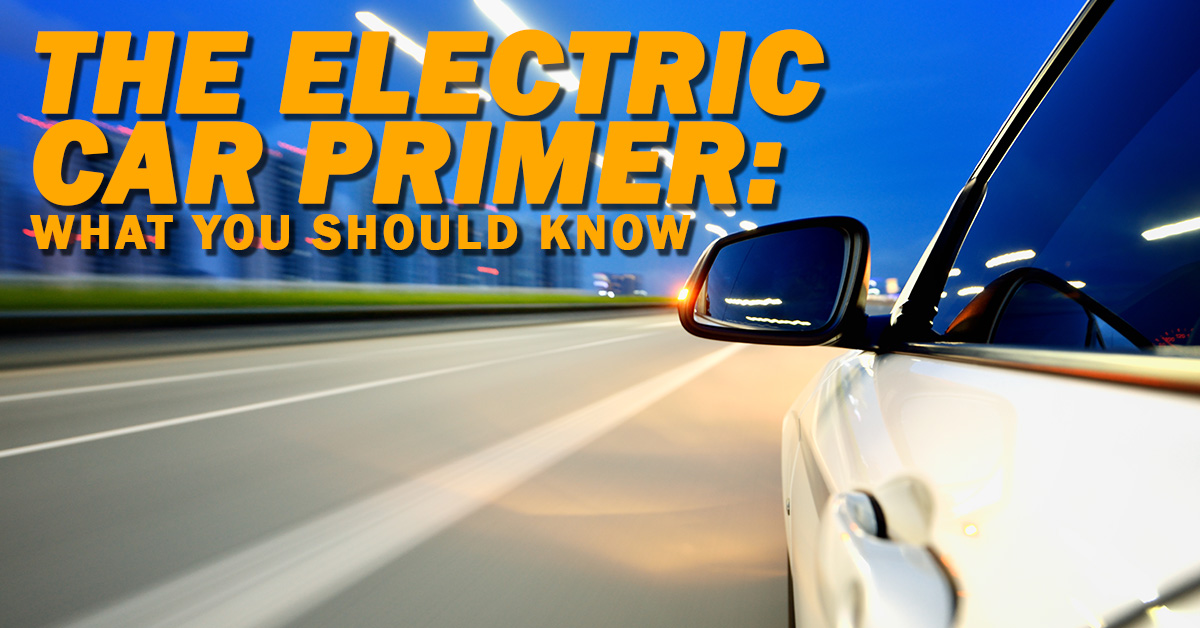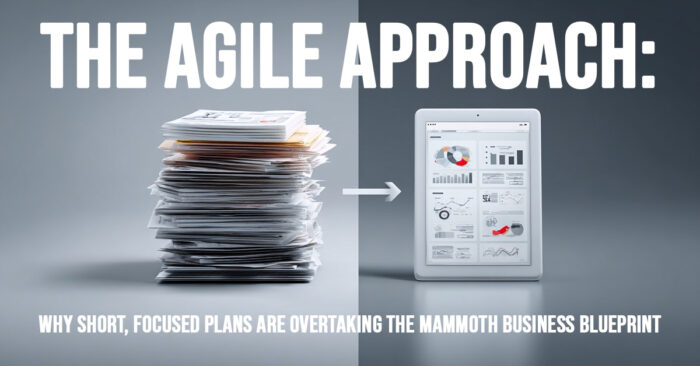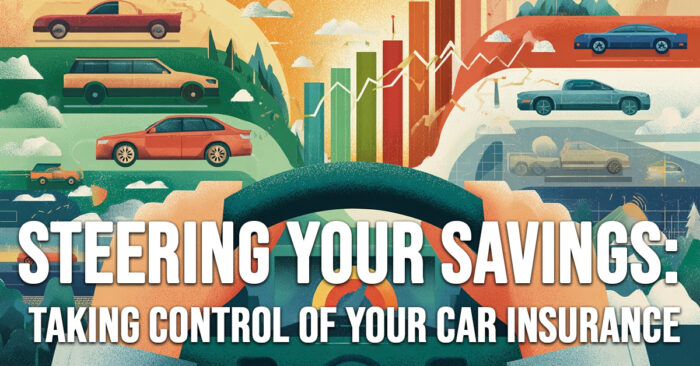The Electric Car Primer: What You Should Know

The Electric Car Primer: What You Should Know
Electric vehicles are making an impact. While only about 3% of new cars being sold are electric, that number is growing. More manufacturers are making a commitment to electric vehicles, and more consumers have these alternative fuel vehicles on their radar.
Here are some basics you should know before ditching your combustion-powered car.
Alphabet Soup
There are various types of electric cars. EV is the overall term given to cars that use electricity. A BEV is a battery-powered electric vehicle with only battery-powered electric motors. A hybrid electric vehicle is an HEV that combines both electric and combustion motors. They often use regenerative braking to generate energy when stopping that is stored in batteries. Finally, a PHEV is a plug-in hybrid that uses its combustion engine when the electric battery depletes.
Driving Range
One of the developments fueling the growing popularity of EVs is advances in batteries. It is common for today’s EVs to get from 299 to 499 miles before needing to charge. Use of heat and air conditioning can reduce the range of an EV.
Charging an EV
EVs can be charged at home or at charging stations throughout the country. Online resources can help you locate public charging stations. There are three basic charger types to recharge an EV. A Level 1 charger uses a normal three-prong plug that can be plugged in at home. These tend to be slow and seldom used. You may just get a few miles out of an hour of charging. Level 2 charges use 240 volt external adapters and household dryer type plugs.
Level 2 chargers can generally provide 20 to 30 miles of range per hour of charging time. Level 3 chargers, or DC Fast chargers, offer the fastest charging times, getting about 100 miles of range in about a half-hour of charging time.
Keep in mind that battery life is critical in a decision to buy an EV. Like your cellphone, your car will eventually need a new battery, and that can be an expensive proposition. This leads to a greater depreciation for EVs than for combustion-engine cars but also makes used EVs cheaper to buy.
If you have or are considering an EV, we can help you insure it. Contact one of our independent insurance agents for a free quote. Vehicles are changing and we can make sure your car insurance keeps up. Contact us today.
Do you have questions about your insurance? Find an insurance agent near you with our Agent Finder
Search All Blogs
Search All Blogs
Read More Blogs
Avoiding the Pitfalls: Common Mistakes of At-Home Businesses
Launch your home business right! Learn to avoid the common errors that can derail your entrepreneurial dreams.
Your Life Insurance Recipe: Crafting the Perfect Blend for Your Family’s Future
Find your perfect life insurance mix: Learn how to blend term and permanent policies for optimal family protection.
From Ford’s Innovation to Today’s Marvel: Unveiling the Secrets of Modern Car Production
Beyond the assembly line: Discover the surprising speed, customization, and quality checks involved in modern car manufacturing.
Beyond Pizza and Promises: Recognizing When It’s Time to Hire Professional Movers
Time to call the pros? Learn when pizza and beer just won’t cut it for your next move.
Mapping Our Roots: Uncovering the Stories Behind American City Names
City names revealed! Discover the historical, religious, and geographical influences behind the monikers of American cities.
The Agile Approach: Why Short, Focused Plans Are Overtaking the Mammoth Business Blueprint
Ditch the doorstop plan! Discover why concise, adaptable strategies are the new gold standard for business success.
Embracing Tomorrow: The Practical Power of Planning for Life’s Only Certainty
Face the future with confidence: Understand how planning for life’s only certainty with life insurance can provide lasting security.
Steering Your Savings: Taking Control of Your Car Insurance Rates
You’re in the driver’s seat! Learn how your credit, driving habits, vehicle choice, and smart shopping can lower your car insurance costs.
Underfoot Upgrade: Transforming Your Garage Floor from Forgotten to Fantastic
Don’t ignore your garage floor! Discover easy and impactful ways to upgrade this often-neglected area of your home.
Unwrapping the Wiener: A Deep Dive into the History and Lore of the Hot Dog
Beyond the bun: Discover the surprising history, varieties, and enduring appeal of America’s favorite tubular treat.









